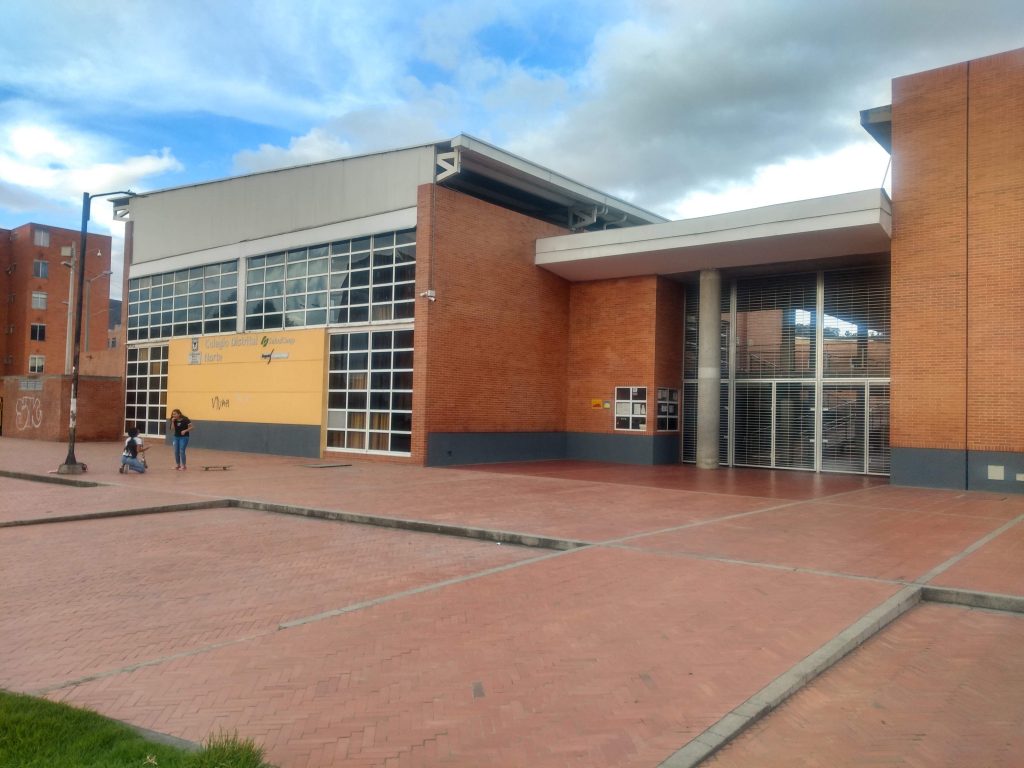
[Listen to an audio version of this blog entry here.]
Whether one agrees or not with the coronavirus pandemic response taken by most of the world, the fact is we’ve all had to live with the constraints for well over a year now.
Fear mentality
As is well known, and as is the case for so many causes of death, those who have had most to fear from covid-19 are the elderly, followed by people with underlying conditions.
For the rest of us, the majority, the risk the infection represents is minimal. However, the extraordinary measures introduced across the globe to reduce contagion resulted in irrational reactions by some folk who in reality face greater threats to their lives than this virus. (Some will say, altruistically, they’ve done it to save the lives of others. All they may have done, though, is caused more harm to themselves and others.)
The lifting of this fear mentality is not something that will come easily. This is particularly so when we have overly cautious leaders who continue to suffer from covid monomania and a majority in the media who submissively follow the official line. It has been as if no other cause of hardship and death really exist.
This myopia appears most acute in high-income countries, places where many enjoy a comfortable existence, relatively speaking, with restrictions less impactful. While Colombia has had its lockdowns and the like, the approach of late has largely been ‘carry on regardless’.
Except, that is, for arguably the most pressing area where a return to «normality» is needed: primary and secondary education. Most schools are continuing with sub-standard virtual learning. OK, we have seen some in-person classes with reduced capacity and alternate days, but it’s the private schools that have been more proactive on this front. The public institutes, as they tend to do, lag behind. Thus, the divide between the privileged and the rest deepens.
‘The monster is the irrational fear that continues to dominate public discourse and policy.’
The thing is, because of health concerns amongst teachers and other staff — misplaced as they are for many — plus the general state of covid fear being promulgated, no one’s in a major panic to go back to pre-pandemic ways.
Monster mash
In the same way that people mistakenly call Frankenstein the monster — Frankenstein was, of course, the monster’s creator — coronavirus is not monster-in-chief, it created the conditions for a scarier one to emerge.
That monster is the irrational fear that continues to dominate public discourse and policy. Even those of us who have questioned the pandemic response can’t avoid being caught up in this.
I, for one, went into survival mode, financially speaking in any case. So even though one has been free to travel around Colombia largely unrestricted for months now — the national strike disturbances notwithstanding — nonchalantly moving around the country, eating into one’s steadily diminishing savings just hasn’t seemed prudent. (OK, my own future would have been uncertain pandemic or not, but the overall atmosphere doesn’t help whatsoever.)
As is the case for millions of others across the world, the lack of a steady income muddies the waters further. When one isn’t sure where the next significant payment is coming from, it makes it more difficult to ease off the financial brakes.
A more liberal approach would be to not get bogged down in cash concerns (for those who have the luxury to do so, that is. Most of my Colombian friends live, at best, from week to week). Bet on things improving both personally and on a grander scale in the not-too-distant future. Calmer waters are on the horizon.
While there may be truth to that, my conservative side dominates my thinking here. Or based on last week’s post, some of you might say my doomsday, glass-is-half-empty view darkens the landscape.
Whatever the case, there are certain things beyond our control. The best we can do is to have mechanisms in place to ensure those uncontrollables have less of an impact on us than they might otherwise have if left unthought of.
That is to say, survival mode is somewhat permanent. It’s just that certain events see us scale up this modus operandi more so than others. They also tend to make us more risk-averse in numerous ways, damaging as that may be over the medium to long term.
_______________________________________________________________
Listen to Wrong Way’s Colombia Cast podcast here.
Facebook: Wrong Way Corrigan — The Blog & IQuiz «The Bogotá Pub Quiz».





Comentarios